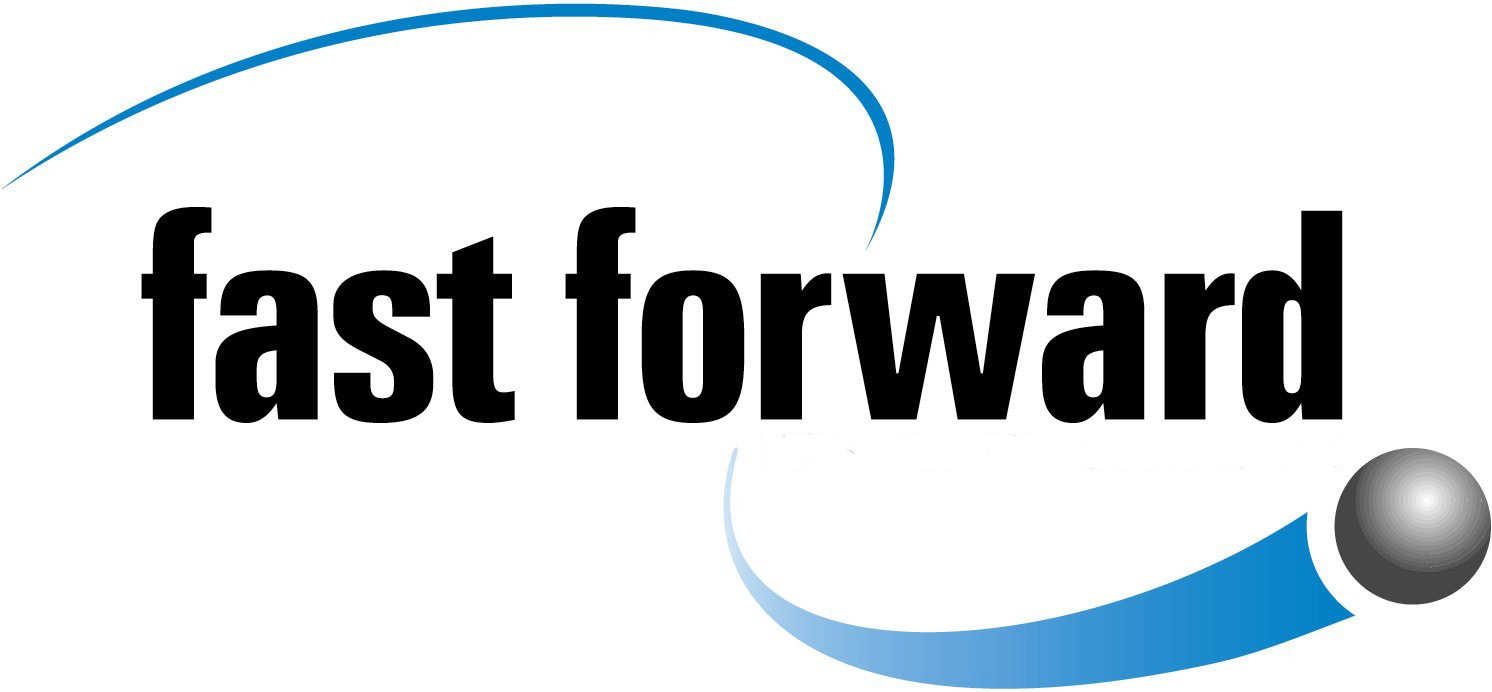Details from the Scottish Gambing Education Network meeting on 29 Sept
September 30, 2022
The third network webinar of 2022 was on 29 Sept, and focused on ‘New Technologies in Gambling’.
This was our most popular event yet – thanks to so many of you for attending and engaging. Speakers highlighted the increasing popularity of cryptocurrency and the risk of harm, as well as new developments in self-exclusion technology.
Stuart, lived experience of gambling and crypto harm (Castle Craig)
Stuart shared his experience of overlapping addictions. He had already experienced harm around gambling and substance use when he became involved in cryptocurrency. He found it gave him a quick thrill he had been missing in his life, and it ultimately led to him losing £60-70k within a year.
Stuart now considers cryptocurrency trading as a form of gambling. The apps make it so easy to check and engage 24/7 that engagement can escalate very quickly.
Tony Marini (Castle Craig)
Tony spoke to his experience as a therapist at Castle Craig, and also his own experience of gambling behaviours. Castle Craig has seen a steadily growing intake of people who have experienced harmful cryptocurrency trading, as well as online gambling.
Tony highlighted the addictive features of crypto, including its ease of access, volatility, 24/7 availability, and the perception that it offers quick profit.
Maira Andrade (University of East London) and Leon Y Xiao (Queen Mary University London)
Maira shared research comparing the consumer protection features of crypto sites vs traditional gambling websites. Cryptocurrency is unregulated in the UK, and findings show that many sites are easy to access without having to confirm identity or age. She recommended that crypto advertising be blocked until we better understand the risk of harm to young people and vulnerable populations.
Leon highlighted the lack of UK regulation around loot boxes as a form of gambling. At present, the UK government is reliant on gaming industry self-regulation. However, research indicates that this has led to consumer protection features that are inconsistent or ineffective.
Katie Reynolds-Jones (GAMSTOP)
Katie shared changes that GAMSTOP have made recently to make their self-exclusion service easier to access. For example, they have added facial recognition technology which makes it easier to register, and improves the accuracy of IDs.
At present GAMSTOP are not able to block crypto sites as they are not regulated by the UK.

